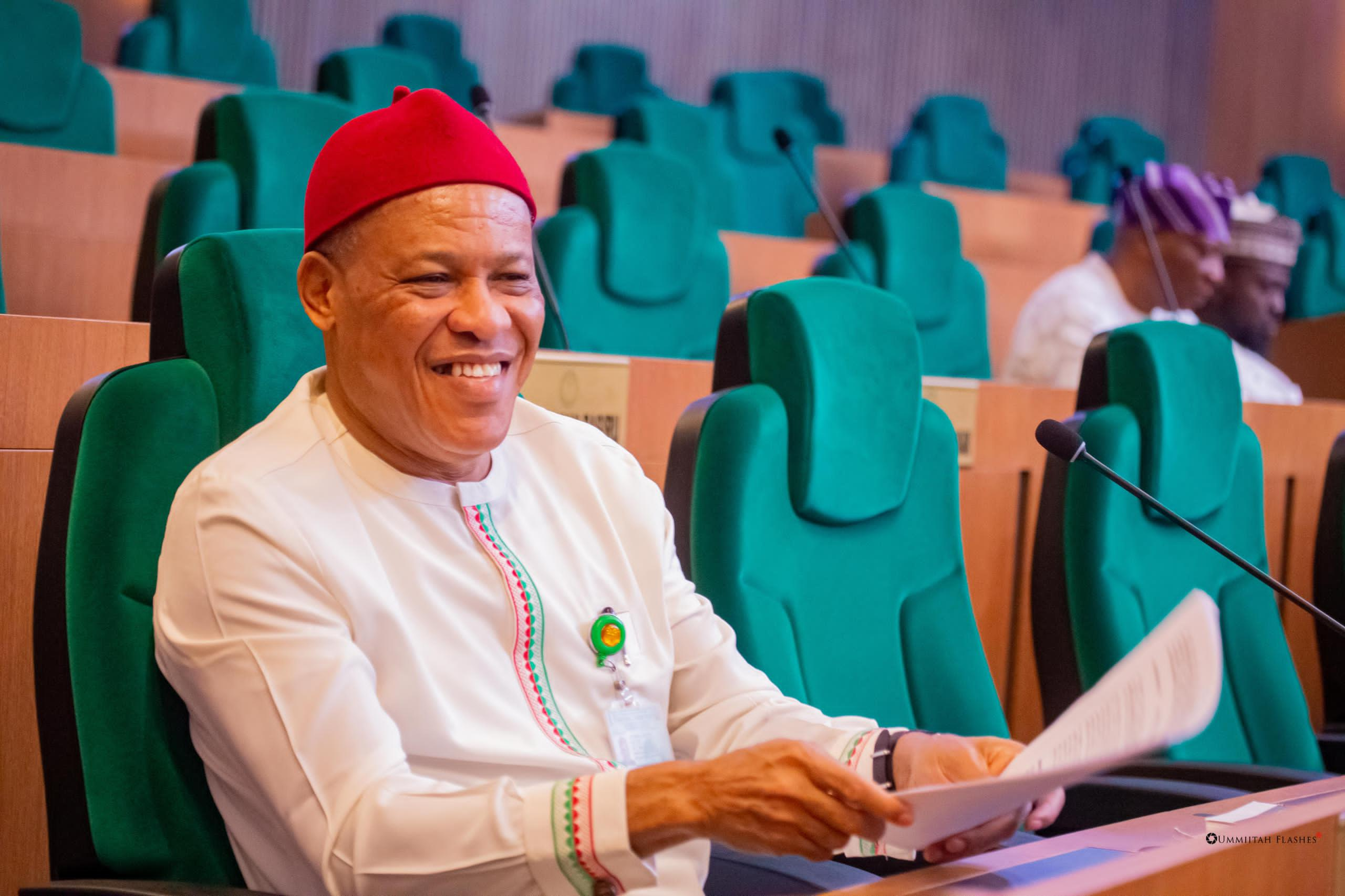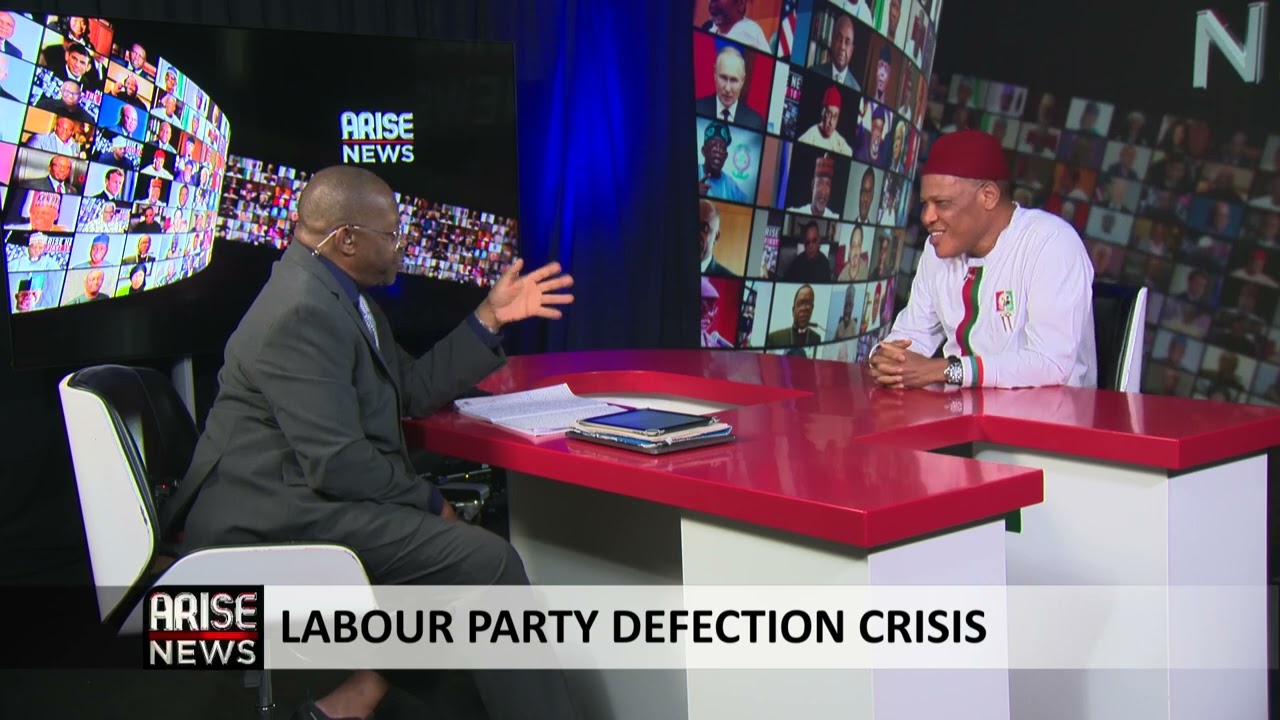Life is filled with uncertainties, periods when the future seems unclear and challenges appear insurmountable. In such moments, our natural inclination is to rely on what we can see, understand, and control.
However, as believers, we are called to walk by faith, not by sight (2 Corinthians 5:7). This principle reminds us that even when circumstances seem bleak, we must trust in God’s promises and divine plan.
Faith is the foundation upon which we build resilience, perseverance, and hope, knowing that God’s guidance never fails.
Walking by faith means believing in God’s promises even when reality suggests otherwise. Abraham, the father of faith, was called to leave his homeland and follow God to an unknown destination (Genesis 12:1). He obeyed, not because he had all the answers, but because he trusted in the One who called him. In the same way, we are often called to step out of our comfort zones, take risks, and trust that God will lead us to the right path. Whether in our personal lives or in governance, faith requires courage and absolute reliance on God’s wisdom.
Uncertain times test the depth of our faith. When the economy is struggling, when political instability looms, or when personal difficulties arise, it is easy to be overwhelmed by fear. However, the Bible reassures us that God has not given us a spirit of fear, but of power, love, and a sound mind (2 Timothy 1:7). Instead of allowing fear to paralyze us, we must cultivate a mindset of faith, declaring that God is in control and that He will make a way where there seems to be none.
Moreover, faith is not passive, it requires action. Noah built the ark before the rain came, trusting that God’s word would come to pass (Hebrews 11:7). Similarly, we must act in faith, making decisions that align with God’s principles, even when they seem difficult.
As leaders, we are called to govern with integrity and righteousness, even in the face of opposition. As citizens, we must contribute positively to society, believing that our collective efforts will bring about transformation and progress.
Another vital aspect of walking by faith is persistence in prayer and seeking divine direction. Proverbs 3:5-6 instructs us to trust in the Lord with all our hearts and lean not on our own understanding. In challenging times, prayer becomes our anchor, helping us navigate difficulties with wisdom and discernment. When we submit our plans to God and seek His guidance, He directs our paths and grants us peace amid uncertainty.
On a national level, trusting God in uncertain times means believing in the possibility of a better future despite present hardships. Just as the Israelites faced difficulties before entering the Promised Land, Nigeria and our communities may go through tough times before experiencing breakthroughs. However, if we remain steadfast, uphold justice, and work together in faith, our nation will rise above its challenges. God’s promises of restoration, prosperity, and peace remain valid for those who believe and act according to His will.
In conclusion, walking by faith and not by sight is a call to trust in God’s plan even when the future seems unclear. It is about believing in His promises, overcoming fear with courage, taking bold steps of faith, remaining persistent in prayer, and working towards a better tomorrow.
As individuals and as a nation, our faith must be unwavering, knowing that God is always faithful to those who put their trust in Him. When we walk by faith, we move forward with confidence, assured that God’s plans for us are good and filled with hope.
—Hon Obi Aguocha is the member representing Ikwuano/Umuahia North and South Federal Constituency



